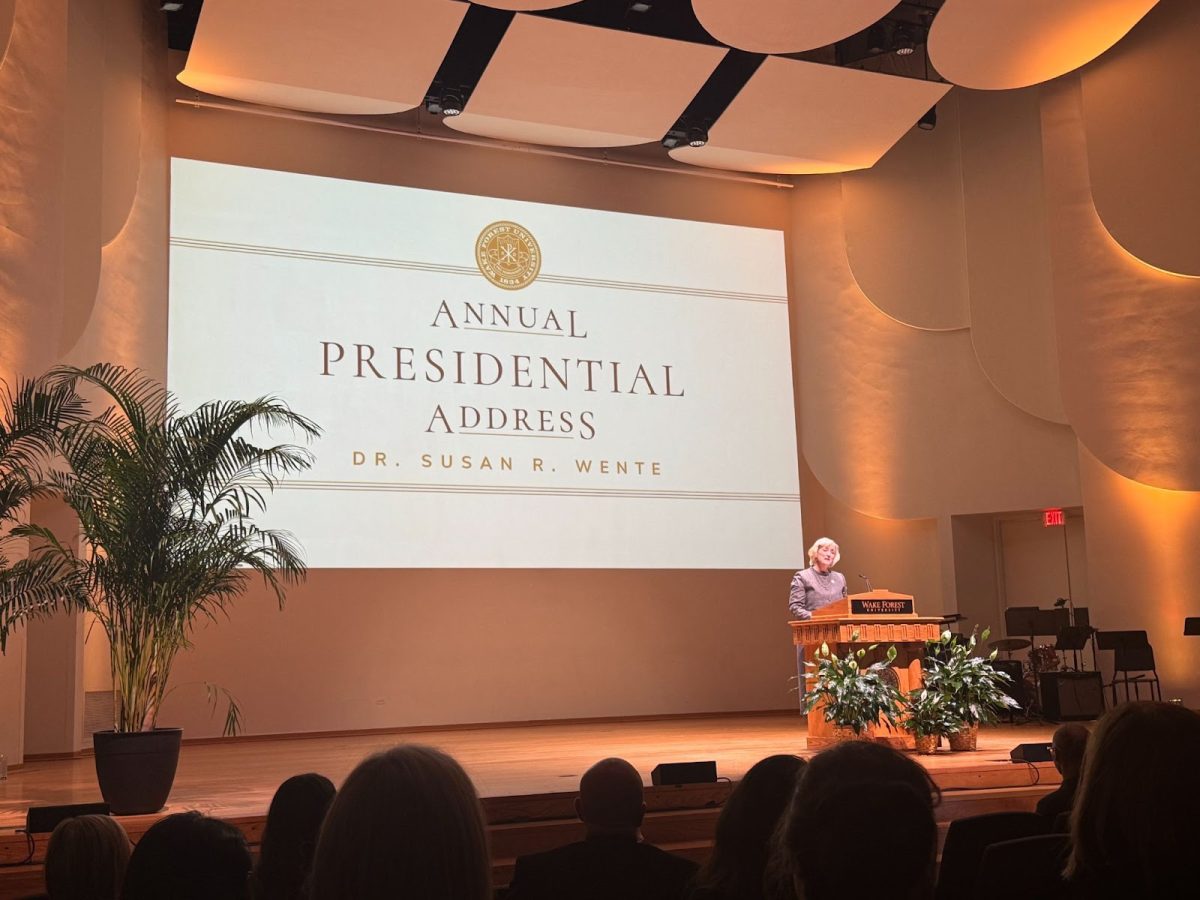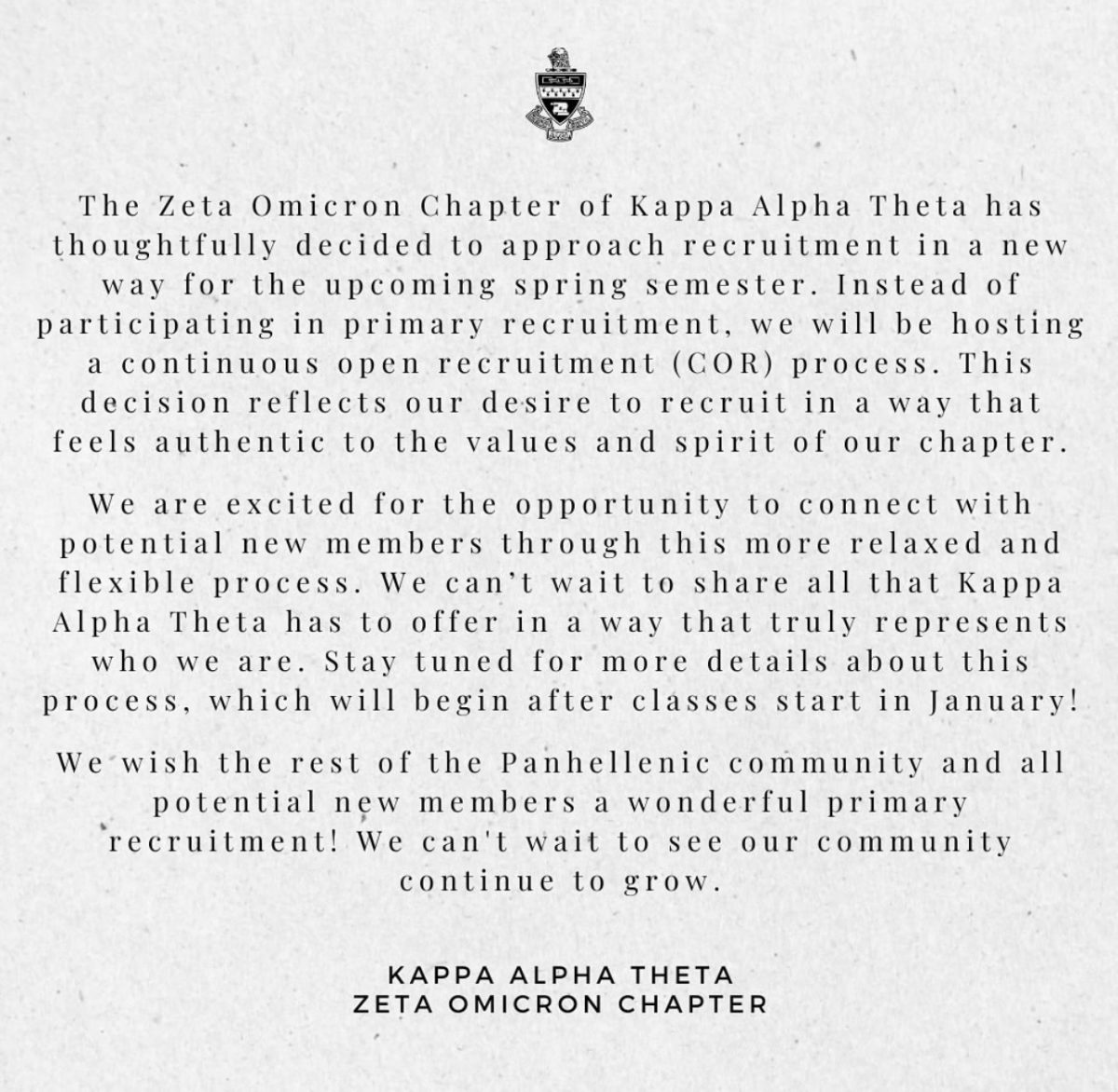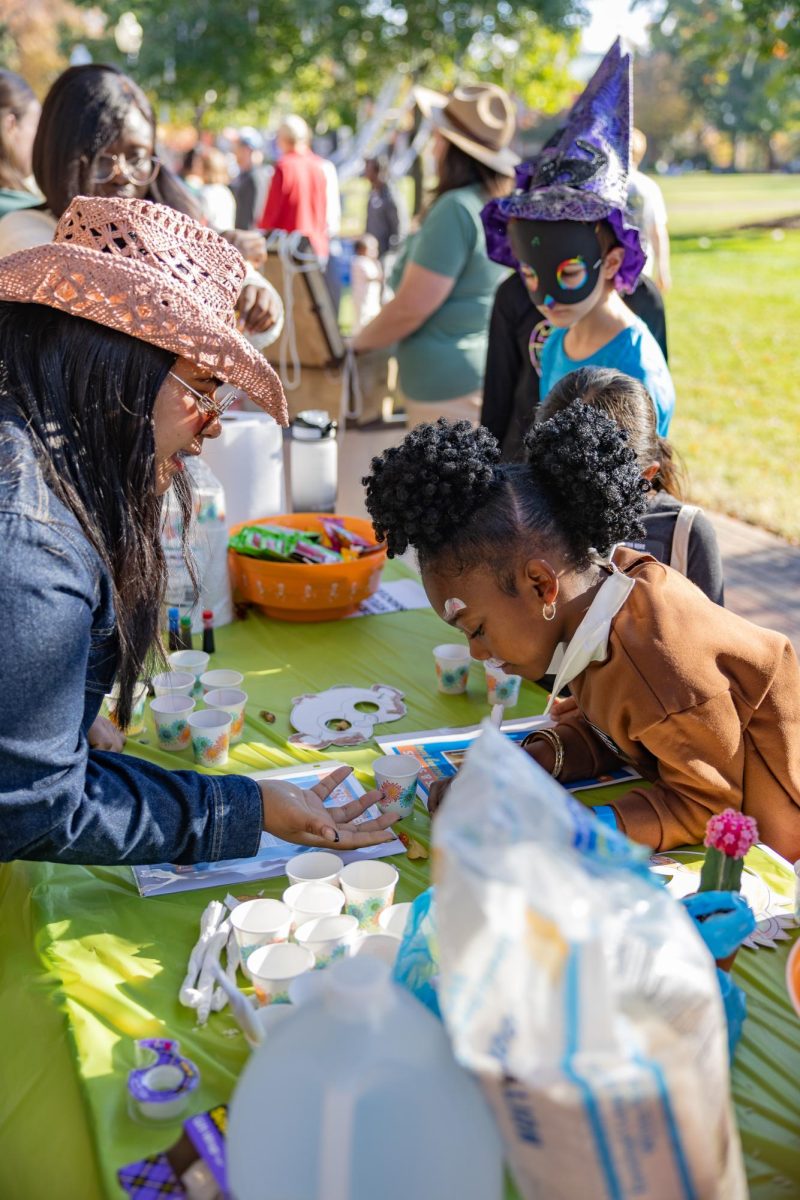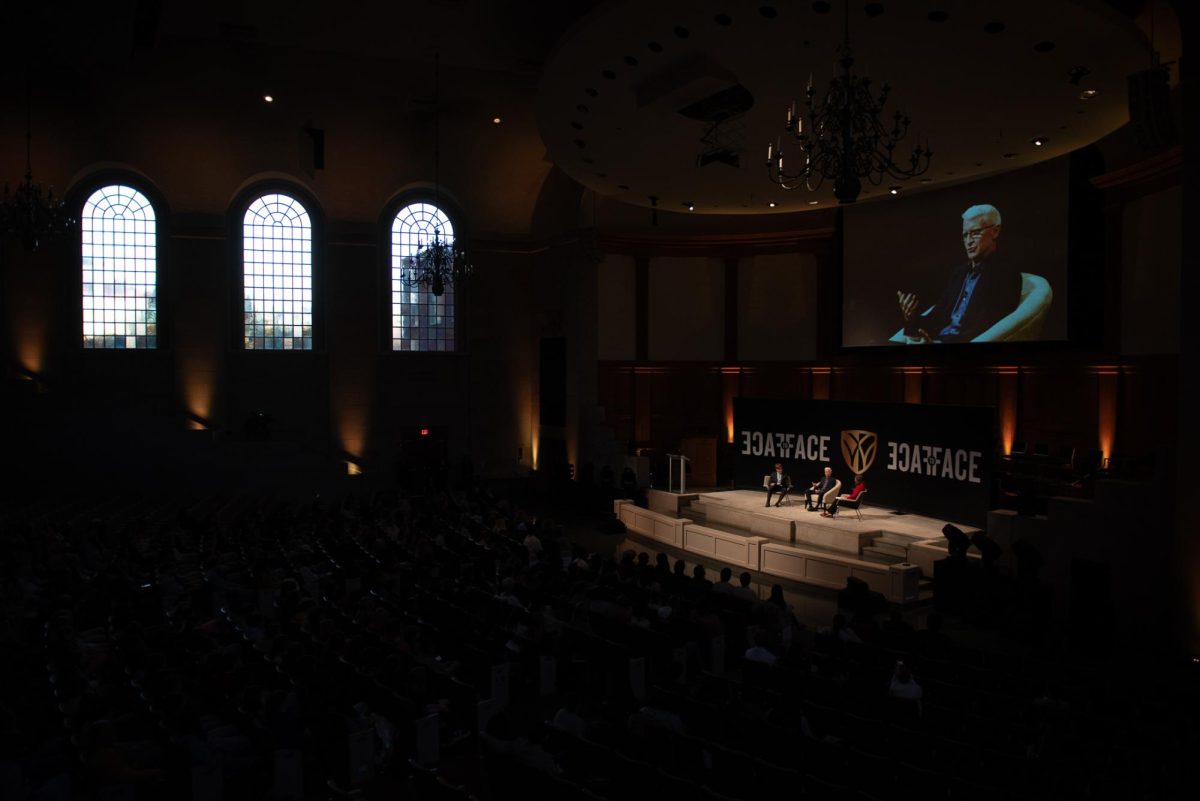On Sept. 20, the interaction that lead to the death of Keith Lamont Scott would define the week that followed.
Fear, confusion and rage have filled television screens across America as the cries of many in Charlotte, North Carolina, rose up to be heard.
Scott, a black man from Charlotte, was shot and killed by a black police officer last Tuesday afternoon. Even with the video footage released by the state as well as iPhone video taken by Rakeyia Scott, Scott’s wife, many of the details that transpired remain unclear.
This event, the most recent of several resulting in the deaths of black Americans during interactions with police officers, has brought national media attention, however, in some ways it is different. About 80 miles outside of the Wake Forest University campus, Charlotte is a place many of our students call home.
“Many of us woke up in tears, more of us were confused and distraught, feelings that happen often yet never seem to wane,” said senior Chizoba Ukairo. “Sadly, it seemed many more students weren’t paying attention at all.”
Images of chaos and destruction and cities engulfed in flames have appeared across media outlets for the past year. A trail of deaths — those of police officers, of black and white Americans — too unsettling to count have been buried in the scorched earth of American cities.
The stories have been sensationalized, so much so that they seem almost inconceivable. The people behind these stories become part of a commercialized message that has become a polarizing force for many.
These images are on a continuous loop for some students at Wake Forest — traveling through their minds and bodies like poisonous venom. For many, it feels that the university and its student body have fallen silent or remain unaware of the issues of race and unity among all.
“I am so sick of feeling numb,” said sophomore Erica Jordan. “Black death has become so consistently sensationalized in the media that it’s hard to be okay. It’s overwhelming to feel like our cries of pain are falling on deaf ears.”
On Thursday, Sept. 22, President Nathan O. Hatch released a statement via e-mail expressing his condolences and gratitude for those students who shared their own reflections and sentiments regarding the events in Charlotte.
“Wake Forest is committed to helping students grapple with our most pressing social issues and we will continue to provide oppurtunities to do so,” said Hatch in his e-mail. “My hope is that we, as a society, can move forward with a strong commitment to ensure all of our citizens are treated with dignity and respect.”
Senior Jared Odenbeck reflected on the ongoing chaos and discord that continues to shape and redefine the city he and his family call home.
“Being from south Charlotte, everything happened a good 20 to 25 minutes from me,” Odenbeck said. “The protests haven’t affected me personally necessarily, but it’s sad to see my city in division and in ruins.”
Melissa Harris-Perry, the Maya Angelou Presidential Chair at Wake Forest as well as the Editor-in-Large at ELLE.com, published an article on Sept. 22 titled “Why We Have to Teach Our Kids About Charlotte.”
One of her messages was that much of the divides and unwillingness to understand one another comes from the lack of conversations between those of different races, religious, political and social beliefs.
“His death is embedded in our social media with traumatizing frequency,” said Harris-Perry in her article when discussing the death of Terence Crutcher who was shot and killed by police officer Betty Shelby. “It wall papers cable broadcasts and serves as a discussion point and click bait.”
“I am a black American,” Ukairo said. “The constant trauma associated with watching and hearing people who look like me — and could very easily be me —get shot and killed is too much.”
The sensational aspects constructed by narratives in the media create complicated dynamics within day-to-day discourse. Fear of being labeled as one of two extremes makes many students afraid to speak up and have productive conversation with those that may view the world through a different perspective than them.
“There’s a real need for the country to seek truth regardless of your race, class and religious or political beliefs,” Odenbeck said. “Too many people use social media as their news outlet and that leads to a lot of misinformation taken as truth. We need to have real face-to-face conversations. Not on Facebook. Not on Twitter. Unity will come when we pursue goodness and truth above all else.”







